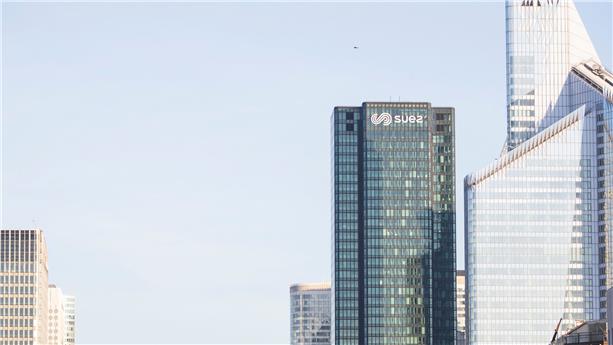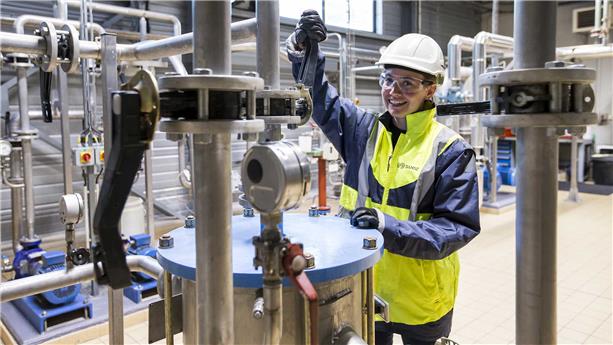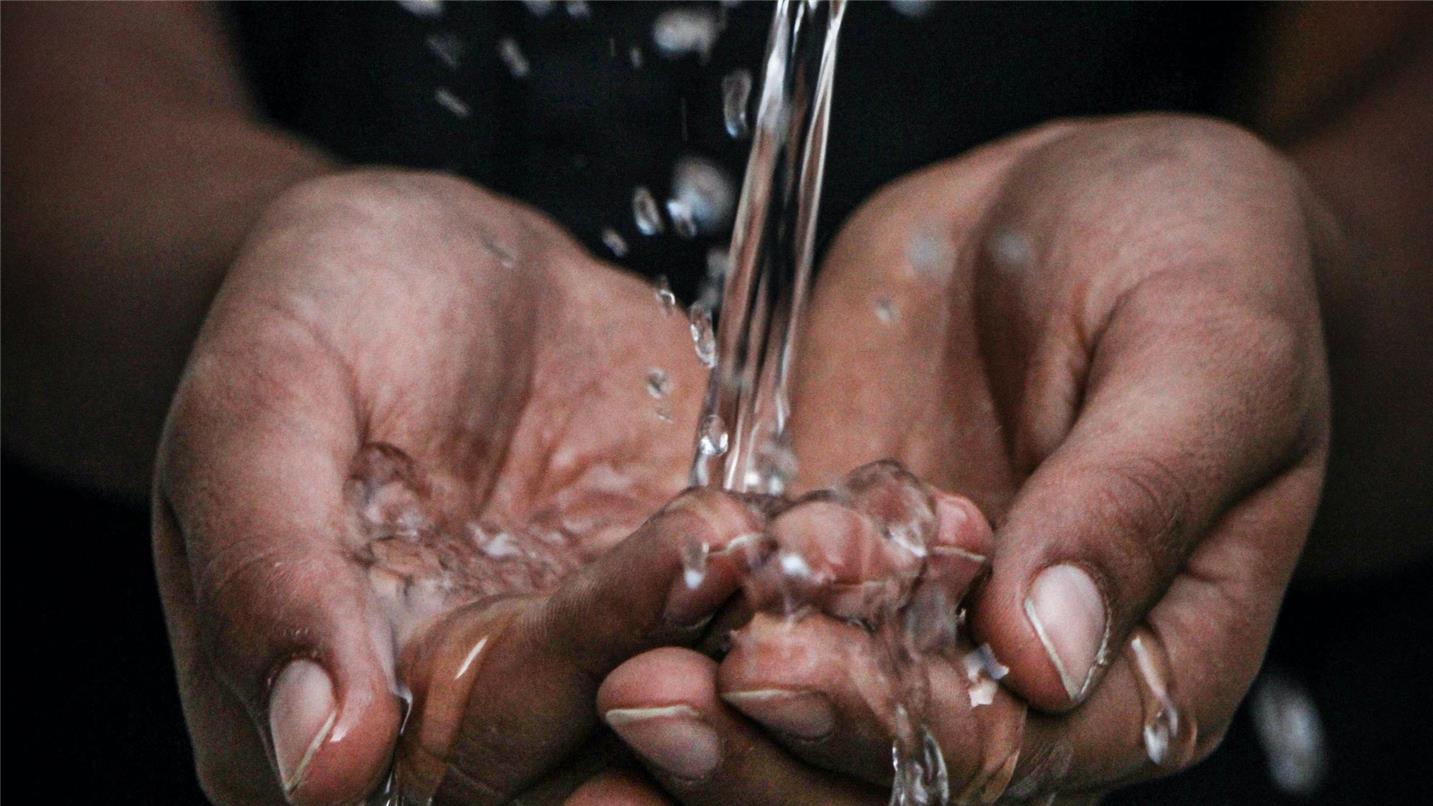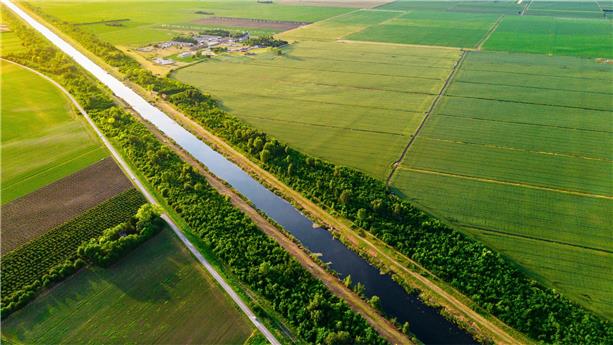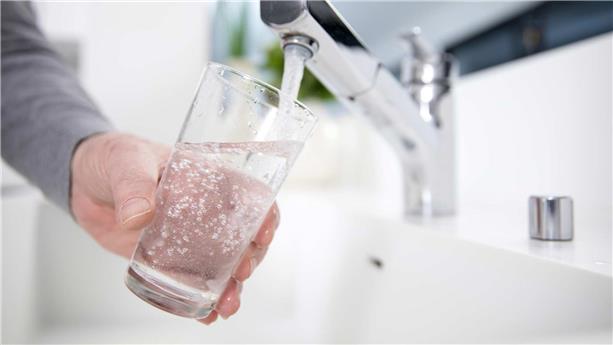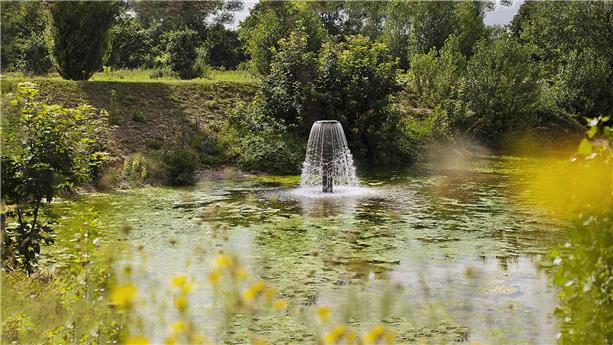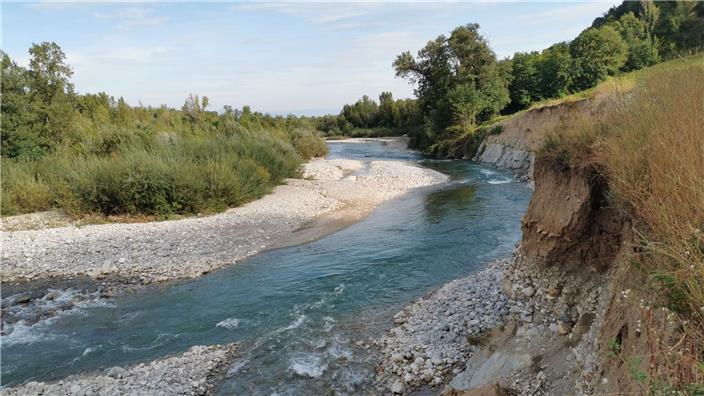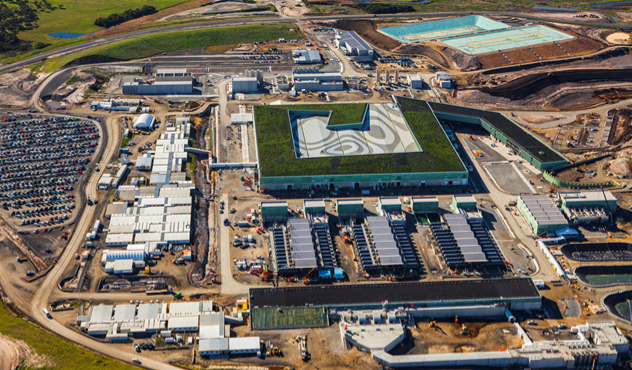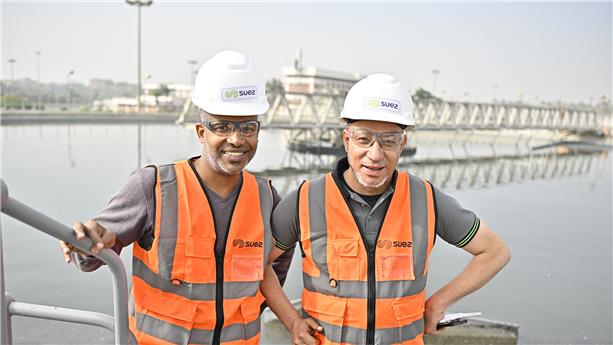
Get advice on resource management
To help you manage your water consumption and make the right decisions, we offer advice, an action plan and engineering services tailored to your needs.
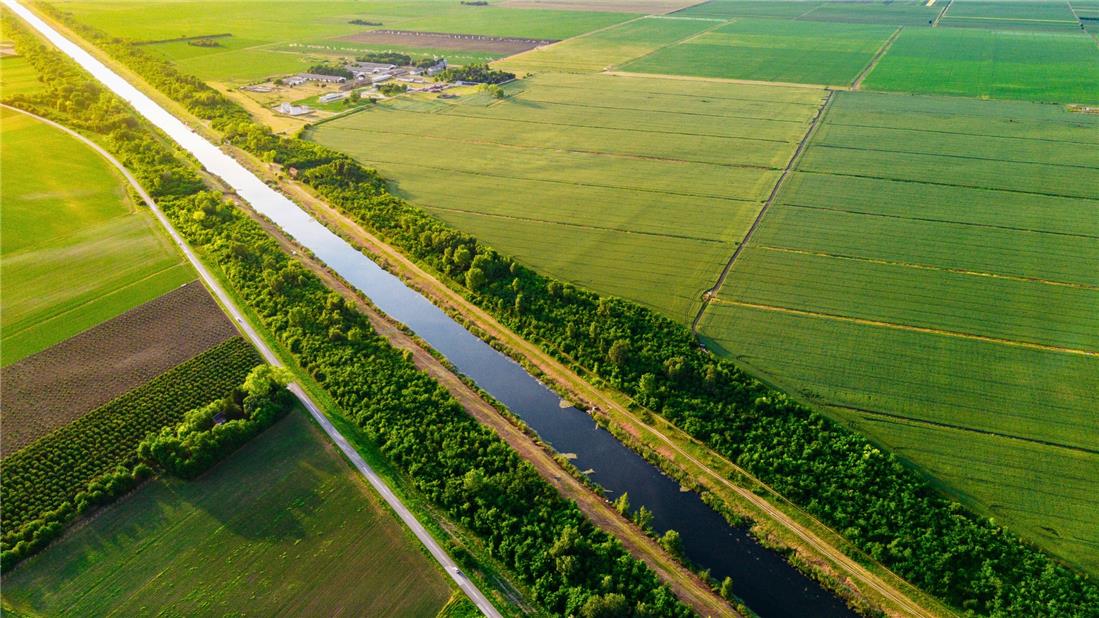
We work with private and public sector operators in France and abroad on managing water consumption to ensure that it is sustainable and helps protect the environment.
By assessing your needs, analysing the environmental impact and coming up with suitable solutions, we advise you on how to protect water resources and aquatic environments and promote sustainability.
For example, in the Haute-Savoie region, we helped the Chablais authorities restore the Dranse delta to reduce the risk of flooding while also protecting biodiversity. Our expertise in managing the aquatic environment and flood prevention enabled us to restore the watercourse’s ecological balance by enlarging the waterbed.
Access drinking water
We make use of our longstanding expertise and new procedures to guarantee water quality and control the level of contaminants due to the scarcity of water resources.
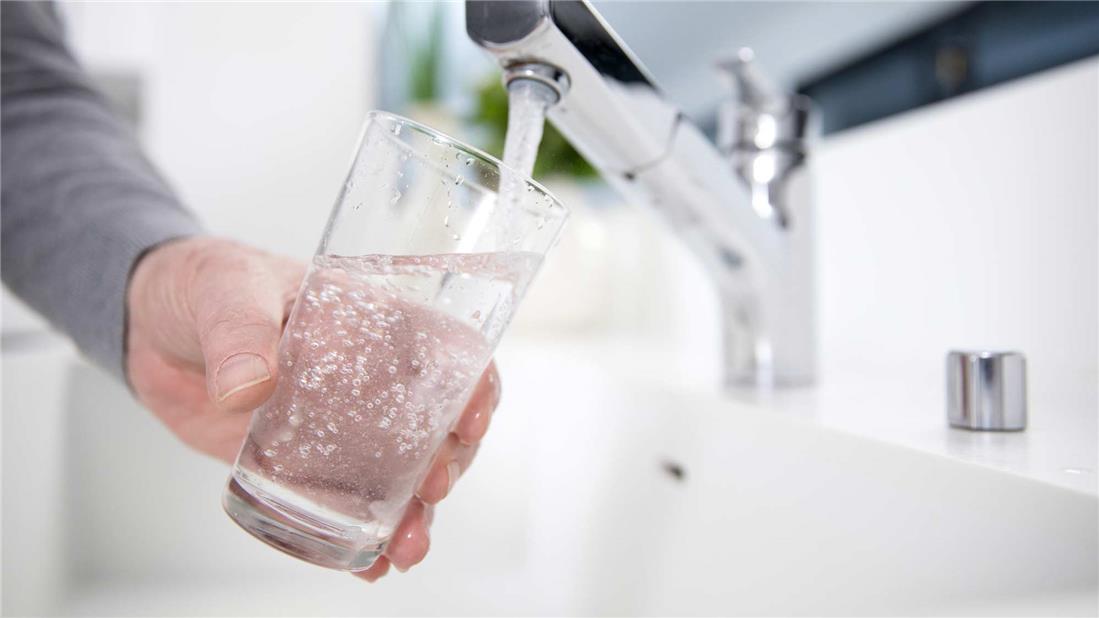
Access to drinking water is crucial for the global population. In France, drinking water is one of the most tightly controlled products for human consumption, with over 27 million analyses in 2023. In many countries, a high level of vigilance is applied at each stage of the process, from withdrawal to distribution.
We build drinking water plants and implement decentralised production and treatment solutions to secure access to clean drinking water. Infrastructures are designed according to the quality of available raw water and the required quality of drinking water.
Our innovative technologies enable us to identify and remove micropollutants and complex pollutants to provide a continuous and reliable supply of high-quality water.
In Calvi, Corsica, we have responded to the explosion in water demand during the summer by setting up a seasonal drinking water production plant, which produces drinking water from an alternative freshwater source. 99% of algae and cyanobacteria are removed from water taken from the Codole dam.
Discover new resources
We are exploring alternative sources in order to meet the need for sufficient water and guarantee access everywhere we operate.
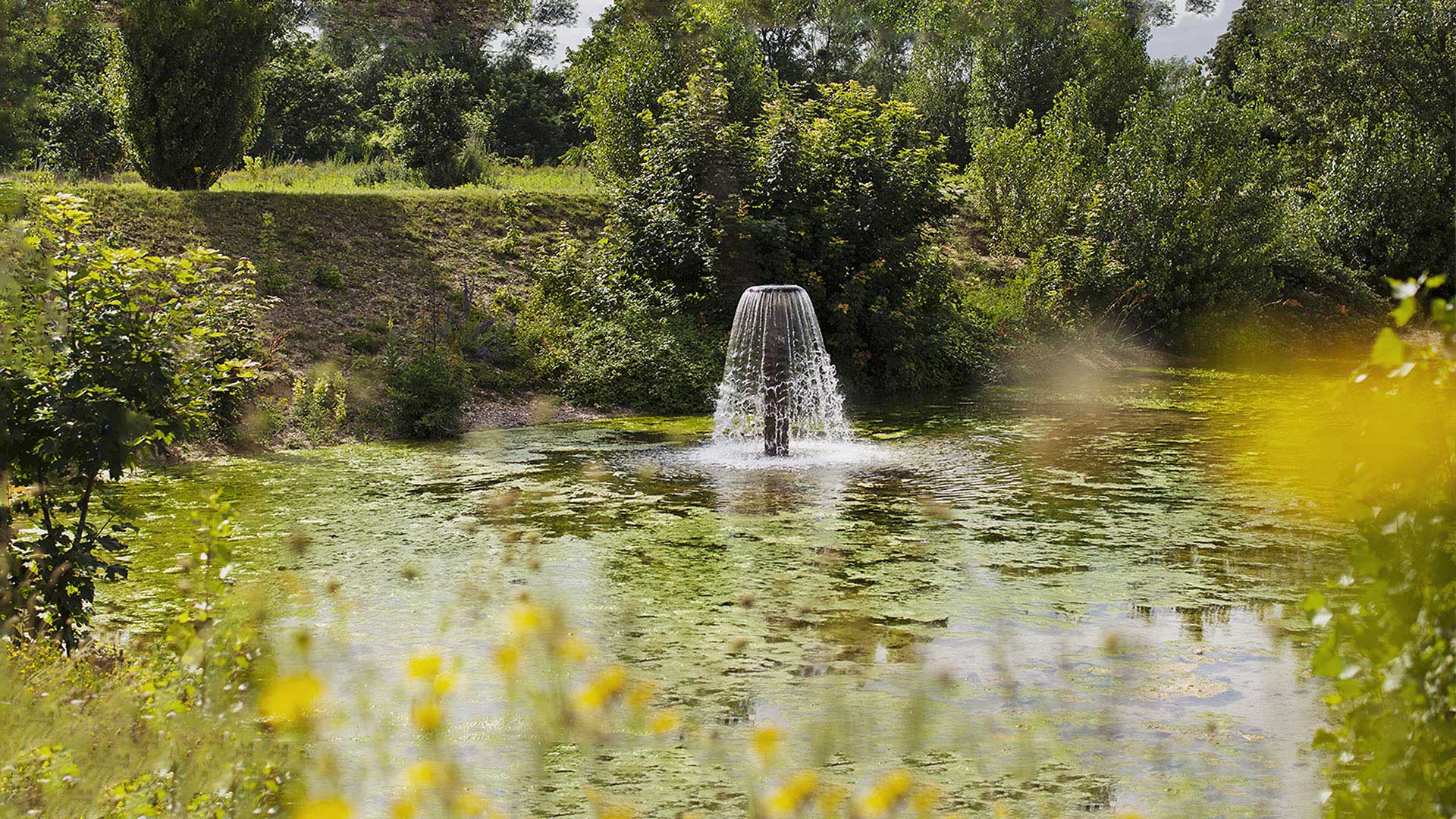
In Melbourne, a desalination plant that produces 450,000 m3 of drinking water a day enables us to supply 30% of the water needed by the city’s 4.5 million residents. The plant’s reverse osmosis technology, compact modular design and various efficiency features mean that it uses less energy, which is 100% offset by renewable energy certificates.
